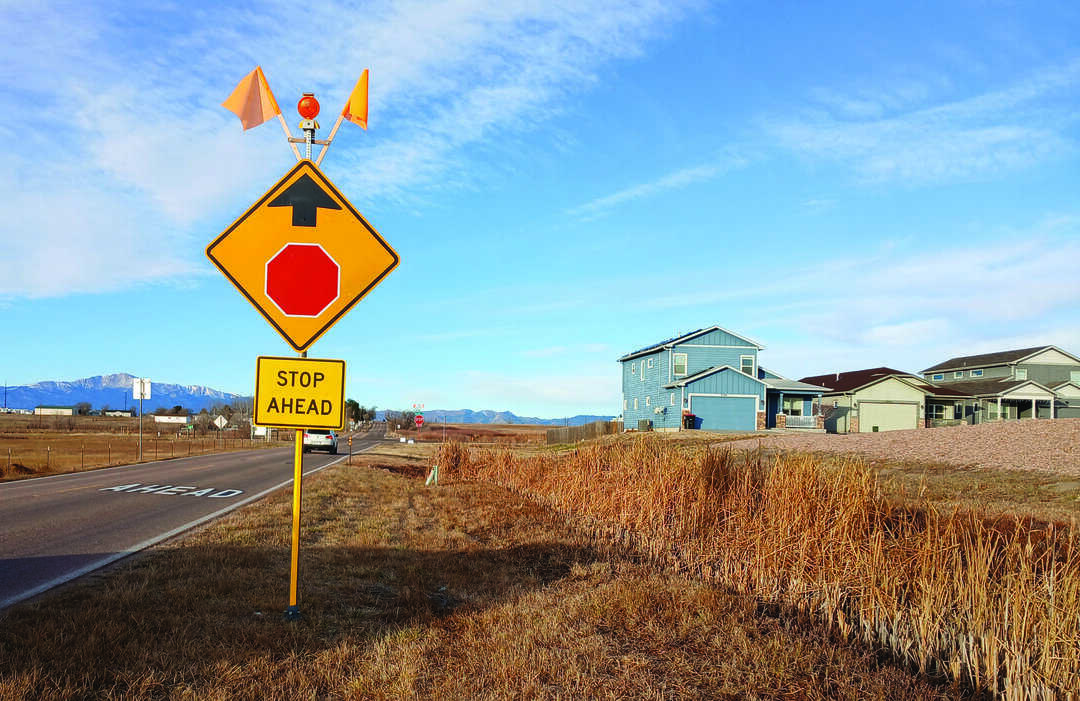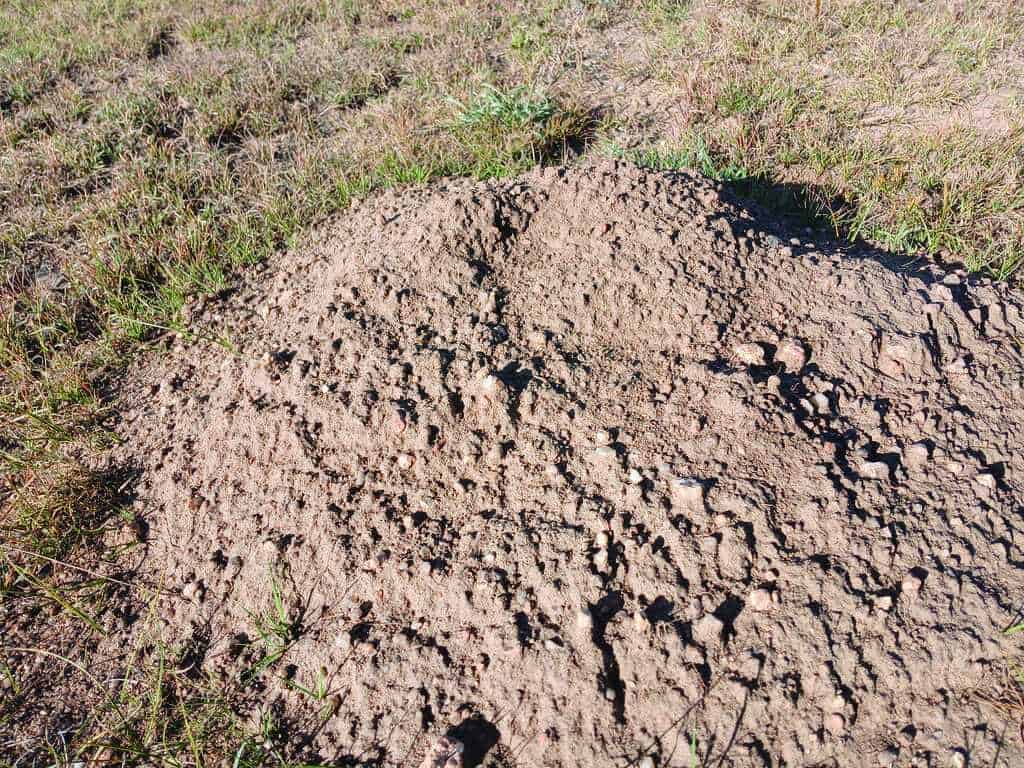Longtime local journalist Bill Radford and his wife, Margaret, live on 5 acres in the Falcon area with chickens, rabbits, dogs, cats, two noisy parrots, goats and two horses. Contact Bill at billradford3@gmail.com.
If she had to die, at least it was on a warm, sun-splashed day.The day before had been gray and cold; the day after would be the same, with another cold front blowing in. But on this February Saturday, there was no wind and the sunlight was fierce and warm.Lucy had seemed fine that morning. But early that afternoon, Shirley Zumpf found Lucy, her majestic shire, laying down in the pasture. That wasn’t all that unusual; although horses can sleep standing up, they do lay down from time to time. But when Lucy saw Shirley, she tried to get up.And couldn’t. She struggled, but simply couldnít get to her feet.Shirley, our across-the-road neighbor, called around, and found a veterinarian who could make an emergency visit.The vet, after examining Lucy, told Shirley, “It’s like she’s given up.” The horse was old and tired, and ready to let go.Through tears, they agreed. It was time. The vet gave her a shot and soon Lucy was gone.It was just two days shy of Lucy’s 28th birthday. Living that long, for a shire, “Thatís pretty good,” Shirley said.Lucy was just 6 months old when Shirley got her from a breeder from Kansas. Shirley and her daughter, Nichol, were showing their horses at the National Shire Show in Pueblo when she spotted Lucy “sticking her little face out of the stall.””She was just so cute,” Shirley remembered. “Lucy grabbed my heart.”Lucy would turn out to be a handful, although she mellowed out when she started having babies.”My daughter was the only one who ever really rode her,” Shirley said. “Once you got her under saddle, she was a pistol. She had a mind of her own.”Lucy grew to be 17 hands tall. “In the draft horse world, she wasn’t all that big,” Shirley said. But compared to a “regular size” horse, she definitely stood out. Any time my wife, Margaret, would see Lucy, she’d joke, “Hey, why the long face?”Shirley, with a laugh, remembered when they gave team penning a try with Lucy. Team penning is a sport that involves separating cattle into pens. When the cowboys, on their paint horses and quarter horses and whatever, saw Lucy, the common refrain was, “Look at the size of that horse. What is it?” (Team penning was not Lucy’s forte; instead of chasing the steers, they chased her; she was terrified. “She was running for her life,” Shirley said.)Lucy had seven babies, all girls until the last; they’ve gone to homes across the nation and even to Canada. Shirley showed Lucy at county fairs, state fairs and other shows; Lucy retired in 2010 after winning the title of reserve senior champion mare at a show in 2001. “You quit when you are ahead,” Shirley said. In recent years, Lucy’s only equine companion has been the appropriately named Lil Man, a miniature horse. The size difference between the two was, to say the least, dramatic. Lucy and Lil Man didn’t spend time in the barn or pasture together because Shirley was working to put some pounds on Lucy while Lil Man needed to shed a few and would have stolen any of Lucy’s food that he could. But the two horses would stand side by side on opposite ends of the fence line.”They were good buddies,” Shirley said. “They were there for each other.”Shirley has lost other horses, but she didn’t raise them from a foal, didn’t have them in her life for as many years. She would tell Lucy, “We’ve grown old and gray together.”We’ve lost horses too, but they were “old boys,” as old as 40, and we’d only had them in our lives for a few years. The same with Molly the mule, who we had to euthanize a couple of years ago. We’ve had our paint mare, Nikki, since she was a youngster and we know it will be devastating when we have to say goodbye.”You have these pets for so long, and you do for them, and you keep doing,” Shirley said.Lucy “had a good life,î she said. ìI did everything I could for her. She always had shelter, she always had food in front of her.”Now there is a void in her life. For more than a quarter-century, heading out to the barn and feeding Lucy was a daily, or multiple times a day, ritual. Now the barn, and her life, are emptier.”It’s hard,” Shirley said. “It’s really hard when you lose them.”





